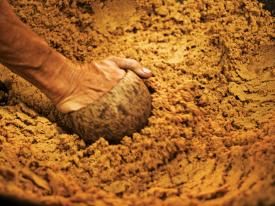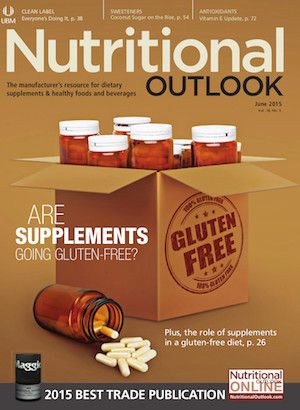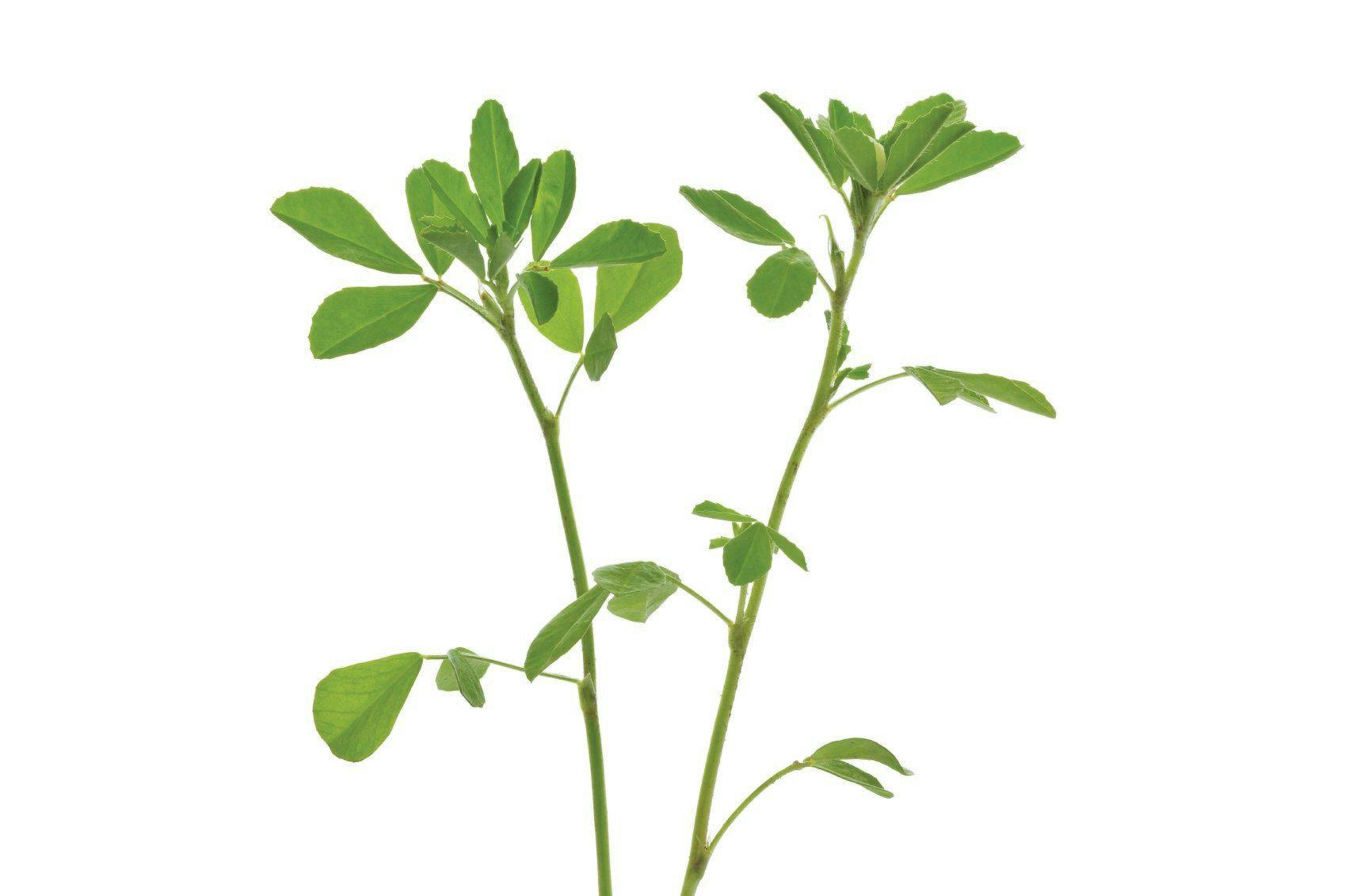Coconut Sugar Is the Fastest-Growing Natural Sweetener in the U.S.
The U.S. market for coconut palm sweeteners has more than doubled in the last year.

Health appeal may be a big growth driver in the natural sweeteners market, but taste still triumphs. One of the greatest hurdles for any alternative sweetener to clear is replicating the taste and texture of table sugar that consumers have come to expect. But the fastest-growing natural sweetener on the U.S. market-coconut sugar-may be ideally suited to do just that.
Coconut sugar still holds only a fraction of the sweetener market when compared with stevia, the reigning natural sweetener champ. However, the U.S. market for coconut palm sweeteners has more than doubled in the last year, currently sitting at a little over $22 million, according to SPINS (Schaumburg, IL). By comparison, the market for stevia grew 12.3% in the last year to reach nearly $430 million, and the market for blends of stevia and other artificial sweeteners grew 1.5% to reach nearly $452 million. (Data as of March 22, 2015.)
So how did coconut palm sugar grow 100.4% in one year? A low glycemic index and environmental sustainability are part of the attraction, but the real kicker may be how well coconut sugar substitutes for traditional cane sugar.
An Ideal Sugar Substitute
Sourced from the dried nectar of flower blossoms at the top of coconut palm trees, coconut sugar is being billed as a healthier alternative to table sugar, especially for people with diabetes or other health conditions related to blood sugar. Although coconut sugar’s glycemic index range of 35-40 is higher than stevia’s score of 0, it’s still considerably lower than table sugar’s index in the mid-to-high 60s.
The Food and Nutrition Research Institute of the Philippines also found that “unlike processed white sugar, coconut sugar may also contain trace amounts of iron, protein, and vitamin C,” says Dave Rosenberg, food category manager, NOW Foods (Bloomingdale, IL). Other coconut sugar purveyors also mention amino acids, potassium, magnesium, zinc, B vitamins, and more as part of coconut sugar’s nutritional profile.
But coconut sugar’s big draw may have less to do with how it differs from cane sugar and more to do with the similarities-specifically, its taste and behavior in formulations.
“The top advantage over many other sweetener alternatives is that in recipes [coconut sugar] behaves just like the bleached cane sugar that people are seeking to replace,” says Mic LeBel, communications manager for coconut sugar retailer Navitas Naturals (Novato, CA). “You can enjoy coconut palm sugar as a 1:1 replacement for cane, and it melts, blends, and generally sweetens in a similar manner and intensity. Therefore, it’s easy for people to adapt to.”
Rosenberg describes coconut sugar as having a “mild caramel flavor and a light coconut aroma” that is similar to brown sugar. He adds that coconut sugar is more versatile than date sugar, maple sugar, and sugar alcohols, as well as liquid sweeteners such as honey and agave syrup.
“Its granular consistency, mild flavor, and light aroma make it easier to work with than many stronger-tasting and darker-colored natural sweeteners,” says Rosenberg.
Based on a strong flavor profile-especially its 1:1 replacement potential with cane sugar-coconut sugar’s formulating convenience may well be one factor driving the recent growth.
Sweetening Sustainably
Coconut sugar’s low environmental impact is another element in its favor. According to the website of coconut sugar supplier Big Tree Farms (Ashland, OR), “coconut sugar is considered one of the, if not the most, sustainable sweeteners in the world.”
Compared to sugar cane, coconut palm trees require less water, produce more per acre, and support multi-cropping of other coconut products, says Frederick Schilling, cofounder and co-CEO, Big Tree Farms. Coconut palms produce 50%–75% more sugar per acre than sugar cane on average, according to Big Tree Farms.
Slow Production Process
There are, however, a few obstacles to coconut sugar’s ongoing ascent. Environmentally conscious consumers may be happy to hear that coconut sugar is not produced through a mechanized process that pollutes the environment, but the lack of mechanization also slows down production.
“Collecting the flower blossom nectar from the crowns of the coconut trees is very labor intensive, as farmers must climb each tree at least twice a day to collect the fresh nectar,” says Schilling. “It is a process that cannot be mechanized. It is harvested the same way it has been for thousands of years.”
According to another coconut supplier, Tradin Organic (Amsterdam), its coconut nectar is sieved and boiled for four hours after being collected, with coconut oil added to achieve the right consistency and color. The sugar is then stirred until it becomes dry and granular, before moving on to final processing.
Perhaps as a result of that labor-intensive process, as well as the rapid growth in demand, the market’s supply of coconut sugar has been stretched a little thin. According to Christina Franken, marketing manager, Tradin Organic, the lack of availability of coconut sugar remains a challenge.
And, of course, what about the cost of formulating with coconut sugar compared to other sweeteners?
Franken says coconut sugar is priced a bit higher than alternatives like sugar cane and beet sugar, but in the same price range as many organic syrup sweeteners. For instance, coconut sugar is slightly more expensive than agave, but lower than maple, according to Franken.
Yet, despite the challenges, the booming market suggests there’s definitely an appetite for coconut sugar.
Also read:
Finding the Sweet Spot with Natural Sweeteners
Photo courtesy of Tradin Organic

Prinova acquires Aplinova to further increase its footprint in Latin America
April 7th 2025Prinova has recently announced the acquisition of Brazilian ingredients distributor Aplinova, which is a provider of specialty ingredients for a range of market segments that include food, beverage, supplements, and personal care.

.png&w=3840&q=75)

.png&w=3840&q=75)



.png&w=3840&q=75)



.png&w=3840&q=75)
























